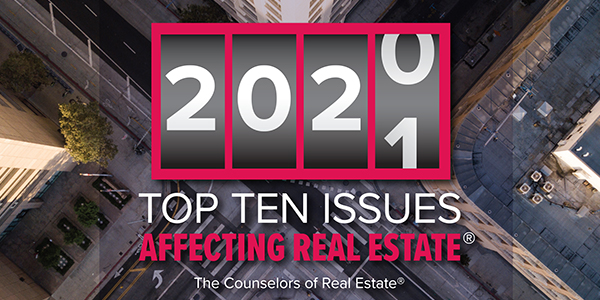-
Market Volatility: Economic uncertainty, geopolitical tensions, and other global factors can contribute to market volatility, impacting property values and investment decisions.
-
Housing Affordability: The ongoing challenge of housing affordability persists, particularly in urban centers and high-demand areas, where limited supply meets high demand, driving up prices and making homeownership less attainable for many.
-
Sustainability and Resilience: With increasing awareness of climate change and environmental sustainability, there’s a growing emphasis on green building practices, energy efficiency, and resilience measures in real estate development and management.
-
Technology Integration: The integration of technology in real estate, including PropTech solutions, smart buildings, and digital platforms for property transactions, management, and marketing, is reshaping the industry and posing challenges and opportunities for traditional players.
-
Regulatory Changes: Shifts in regulations and government policies, such as tax reforms, zoning laws, and land use regulations, can have significant impacts on real estate markets, influencing investment strategies and development trends.
-
Remote Work Trends: The rise of remote work and hybrid work models following the COVID-19 pandemic has altered the demand for commercial real estate, with implications for office space utilization, location preferences, and investment priorities.
-
Supply Chain Disruptions: Disruptions in global supply chains, labor shortages, and material cost inflation can affect construction timelines, project costs, and property development feasibility.
-
Demographic Shifts: Changing demographics, including population growth, aging populations, and migration patterns, influence housing demand, preferences, and market dynamics in different regions.
-
Health and Safety Concerns: The ongoing focus on health and safety, including concerns related to pandemics and public health emergencies, impacts design standards, building codes, and tenant expectations in real estate markets.
-
Geopolitical Risks: Geopolitical tensions, trade disputes, and geopolitical risks can create uncertainties in real estate markets, affecting investor confidence, capital flows, and market stability.
These concerns may vary in significance depending on the region, market segment, and specific circumstances, but they collectively shape the landscape of the real estate industry in 2024.

